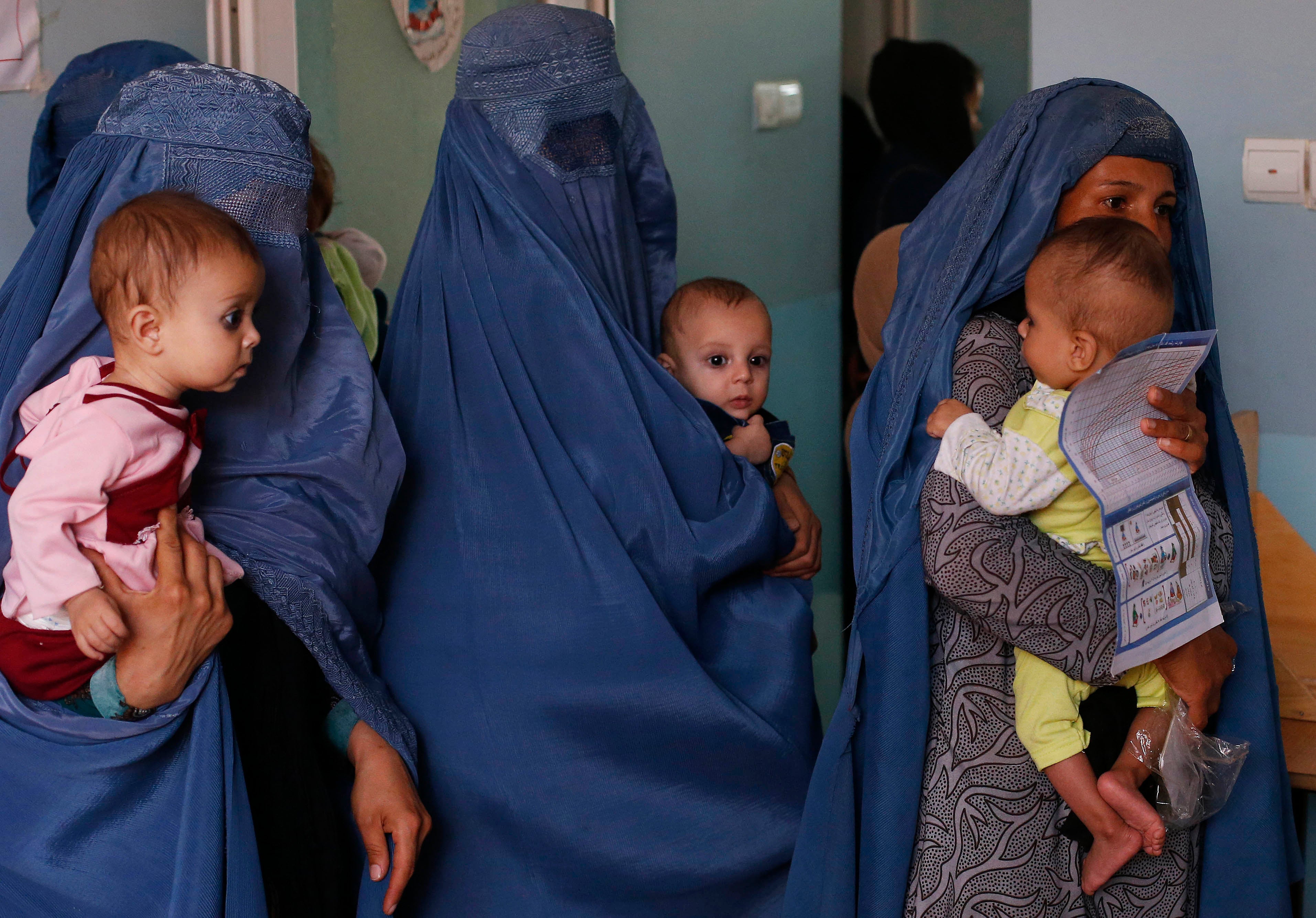Afghanistan: Donors Should Support Rights Gains

(Geneva) – Afghanistan’s foreign donors meeting in Geneva, beginning November 23, 2020, should prioritize funding for education and health, especially for girls and women, and for independent media, Human Rights Watch said today.
The pledging conference will discuss funding commitments at a critical time, as the armed conflict and the Covid-19 pandemic have exacerbated Afghanistan’s already precarious humanitarian situation. Foreign donors are generally expected to announce a reduction in financial assistance to Afghanistan at the conference.
They have also imposed new conditions designed to curb corruption that, if poorly implemented, may make accessing funds for legitimate projects more difficult. Donors concerned with fighting corruption should not use broad restrictions on funding to compel reform, but rather focus on the lack of accountability by government officials who engage in abusive and corrupt behavior, Human Rights Watch said. “The Geneva Conference is a crucial opportunity to protect gains in human rights that have allowed ordinary Afghans, in particular women and girls, to enjoy greater freedoms and better education and health,” said Patricia Gossman, associate Asia director at Human Rights Watch. “Talks toward ending the conflict don’t make this the time for donors to reduce funding for Afghanistan’s most vulnerable communities. Afghanistan’s future – hopefully a peaceful and rights-respecting one – depends on having an educated and healthy population.” Since 2002, donor support has provided greater access to education for millions of Afghan children and has contributed to growing acceptance in many parts of the country that girls have the right to study. Organizations that support “community-based education” classes – schools located in students’ communities, often in homes – have been particularly successful in enabling girls, children with disabilities, and children from displaced families to study in areas where because of insecurity, distance, family resistance, or community pressure, they were unable to attend government schools. In many Taliban-held districts, nongovernmental organizations operating community-based education programs have been able to provide education, particularly for girls, where no other schools were available. While pressing the government to address corruption in teacher recruitment and to make public schools accessible to all, donors should make a firm commitment to continuing at least their current level of support for girls’ education, and for expanding and sustaining community-based education programs. Donors should also press the Afghan government and Taliban to end abuses by their security forces, including deliberate or indiscriminate attacks on schools that violate the laws of war. Military use of schools by both sides contravenes the Safe Schools Declaration, which Afghanistan endorsed in May 2015. Such actions have contributed to insecurity and civilian loss of life, driving countless children – mostly girls – out of school. Since 2002, donor funding has also led to crucial improvements in access to health care. However, serious problems remain, particularly in providing services in rural areas, and in reaching people with disabilities and other marginalized populations. Health services for women have improved, though much more needs to be done. Nongovernmental organizations have also delivered healthcare services in Taliban-controlled districts, including rural and insecure areas that were long neglected. Donors should continue full support for programs that increase access to basic health care, especially for women. Healthcare workers and facilities have increasingly been under attack by both sides. Humanitarian workers have had difficulty reaching populations in greatest need because the parties have been unwilling to facilitate access amid fighting. Donors should condemn all such interference and press the Taliban and government forces to abide by international humanitarian law prohibitions against attacks on healthcare and other humanitarian workers and facilities. Protecting gains in media freedom is also critical, Human Rights Watch said. Afghanistan’s donors have long recognized the importance of protecting and strengthening independent media in the country. Support has diminished in recent years, however, even as the media has increasingly faced attacks by insurgents and local strongmen and efforts by the government to restrict reporting. Afghanistan’s independent media plays a vital role in holding the government accountable and providing access to information for the larger public. Donors should aim to provide long-term institutional support to assist independent news media organizations to become self-sustaining and should press for government assent to appropriately investigate all attacks on journalists and disavow laws that would restrict the right to free expression. Donors should also call on the Taliban – which will become an aid recipient under any future peace agreement – to cease all threats and attacks on the media and to pledge to uphold media freedom. “Afghans who have endured decades of human rights abuse are understandably fearful that achievements in media freedom, education, health care, and women’s rights may soon be lost,” Gossman said. “Foreign donors should seize this moment to strengthen support for rights and meet essential humanitarian needs.” .
Read the full article at the original website
References:
- https://www.hrw.org/asia/afghanistan
- https://tolonews.com/business-167891
- https://tolonews.com/afghanistan-167864
- https://www.hrw.org/about/people/patricia-gossman
- https://www.hrw.org/report/2017/10/17/i-wont-be-doctor-and-one-day-youll-be-sick/girls-access-education-afghanistan
- https://www.hrw.org/report/2020/06/30/you-have-no-right-complain/education-social-restrictions-and-justice-taliban-held
- http://www.protectingeducation.org/guidelines/support
- https://unama.unmissions.org/sites/default/files/unama_special_report_attacks_on_healthcare_during_the_covid-19_pandemic_20_june_2020.pdf
- https://eeas.europa.eu/sites/eeas/files/key_principles_paper_final_handover.pdf
